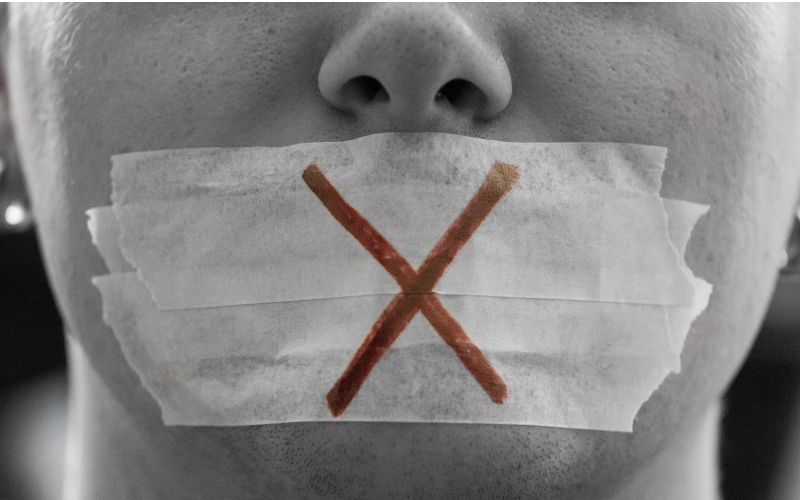Cultural institutions are policing Palestine solidarity. Karen Wyld is just the latest target
May 28, 2025
Last week, Martu writer Karen Wyld was stripped of a literary fellowship just hours before she was due to receive it, not because of the quality of her work, but because of her expressions of solidarity with Palestine.
The Queensland State Library cracked under political pressure from the Queensland premier and arts minister, rescinding her award, and in doing so, joining the ranks of a growing number of cultural institutions that have been co-opted into policing political expression.
Particularly unnerving in this saga is that the target of this censorship is creating work that speaks directly to Australia’s own living legacy of colonial violence. Wyld’s award was for a book about the trauma of forced child removals and the legacy of settler-colonialism, the kind of truth-telling that cultural institutions claim to celebrate.
Until, that is, the author becomes politically inconvenient by talking about Palestine or — heaven forbid — Palestinian resistance. Solidarity with Palestine is now immediately conflated with antisemitism, rather than being understood as a principled stand against the most inhumane and intolerable forms of oppression and violence, and a principled stand for human rights, the sanctity of life and equality.
All in all, this is what anti-Palestinian racism looks like. And Wyld’s case demonstrates that you don’t have to be Palestinian or even Muslim to experience it.
Across the country, people are losing jobs, reputations, funding and opportunities for their solidarity with Palestinians and for naming Israel’s crimes of genocide, illegal occupation and apartheid in Gaza and the West Bank.
This wave of censorship has targeted writers and journalists like Antoinette Lattouf and Mary Kostakidis, academics such as Randa Abdel-Fattah, concert pianist Jayson Gillham and artist Khaled Sabsabi, civil society representatives like Sarah Schwartz from the Jewish Council of Australia, and sports commentator Peter Lalor and footballer Alex Pearce, among so many others. Just today (27 May), an interview I did with our national broadcaster, the ABC, about Australia’s legal obligation to meet Israel’s ongoing genocide and its deliberate starvation of Palestinians with strong action, was quietly removed from its online news site.
And these are just the tip of the iceberg.
Every day, I hear stories of people being censored, intimidated, silenced or sacked for standing with Palestine. Health workers have faced disciplinary action for wearing watermelon jewellery. Retail and hospitality workers have been sacked for wearing keffiyehs. School students punished for drawing the Palestinian flag. Flight attendants reprimanded for wearing Palestine pins. A Sydney man had an improvised explosive device placed on his car bonnet as a threat for flying the Palestine flag in front of his home.
These acts of censorship are aimed at obliterating a growing movement that refuses to be silent about Israel’s genocide, and that demands accountability for its gravest of war crimes in Palestine.
What is being punished is a commitment to the truth.
Our public libraries, universities, festivals, even schools are being turned into tools of political suppression. Instead of places for open debates, they’re becoming gatekeepers of what we’re allowed to say, and whom we’re allowed to stand with.
This suppression of free speech is as much about us as it is about Palestine. We are watching the daily erosion of the very soul of our public life. It is up to every single one of us to decide whether we allow the censors to have their way with it.
The views expressed in this article may or may not reflect those of Pearls and Irritations.


